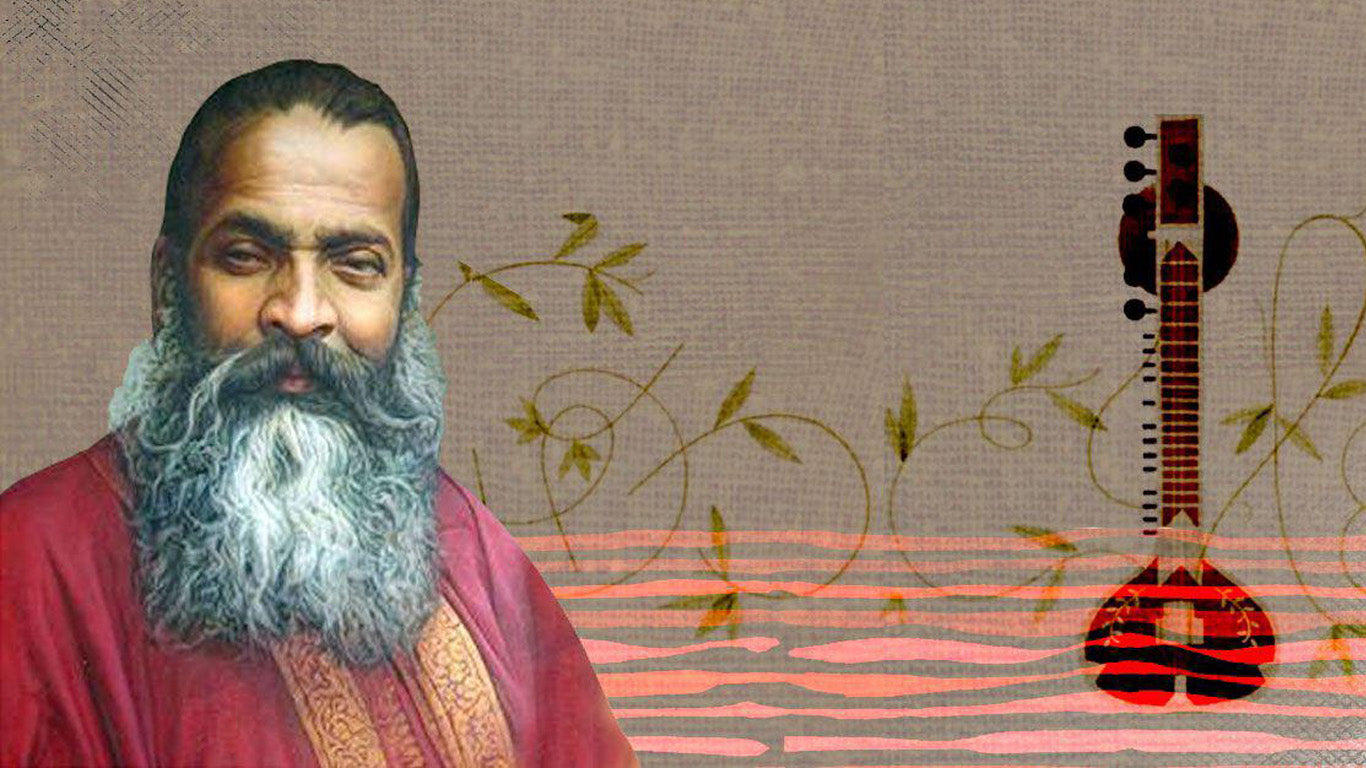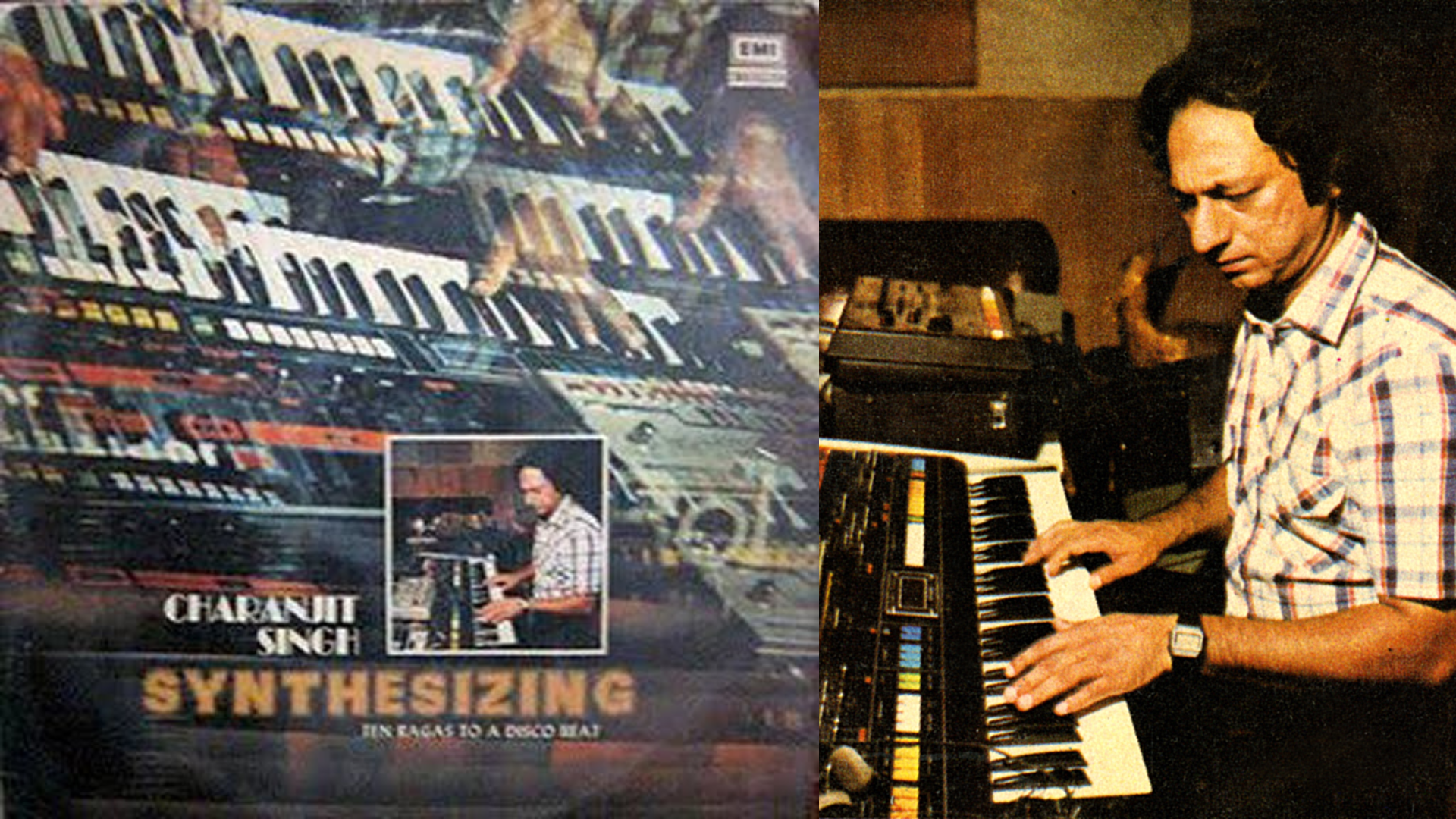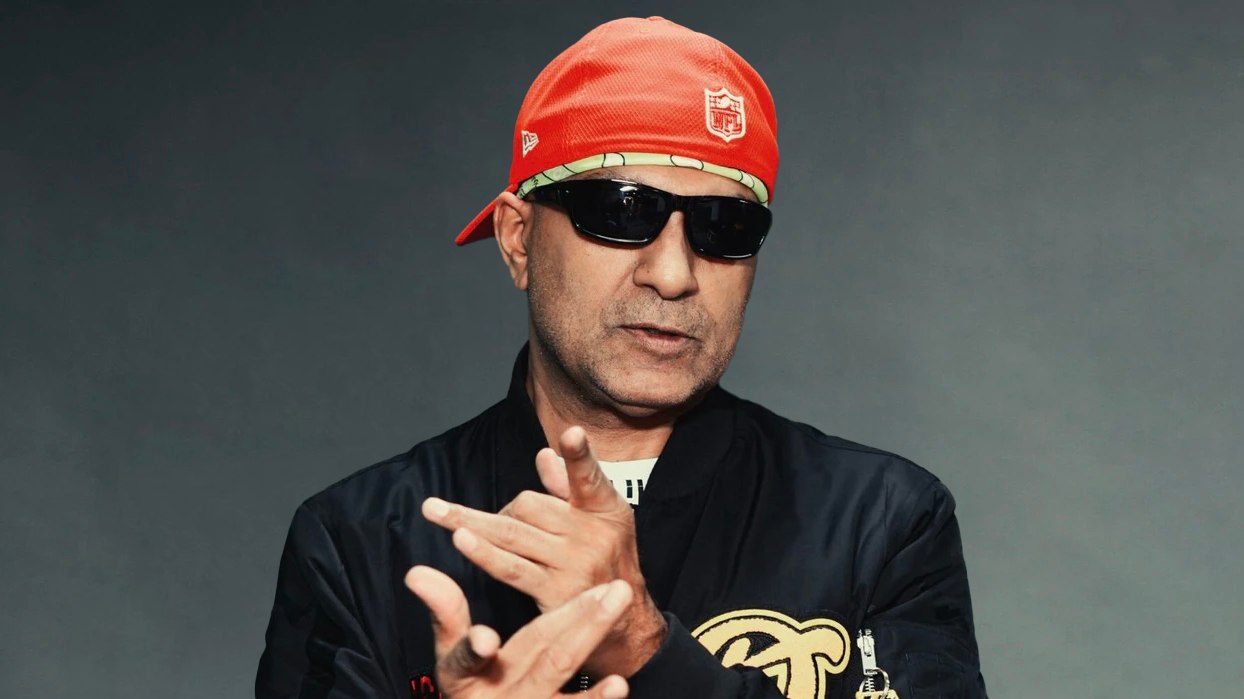Hindustani Classical Revolutionary: Pandit VD Paluskar

Pandit Vishnu Digambar Paluskar was born in a Marathi family of Kurundwad, a small town falling under the Deccan division of the Bombay Presidency during British rule.
He was one of the greatest contributors to the field of Hindustani Classical music and is regarded as the reviver of Hindustani music during the days of the freedom struggle.
While celebrating a festival, an explosion of a fire-cracker burst close to his face, causing severe damage to both of his eyes. As he resided in a small town, immediate medical assistance was unavailable, resulting in Paluskar losing his vision. However, after several years, he managed to recover his eyesight.
Paluskar, who received education in the Gwalior Gharana, embarked on his musical journey under the guidance of Pandit Balakrishnabuwa Ichalkaranjikar as advised by the King of Miraj after the accident.
After 12 years of rigorous training, Paluskar decided to embark on his own journey in search of the preservation and revitalization of Indian music, seeking a fresh perspective far away from the “restrictive” practices of the music gurus. During this journey, he traveled to Baroda and Gwalior.
Paluskar went to Mathura to learn Braj Bhasha (a dialect of Hindi, spoken in Mathura) and understand the intricacies and limitations of classical music. Further, he also mastered the Dhrupad style of singing.
He is probably the first classical singer to organize public concerts. Paluskar's vision of popularizing the various forms of classical music was further realized when he established the Gandharva Mahavidyalaya in Lahore in 1901.
It is said that Pandit Vishnu Digambar Paluskar sang the original version of Ramdhun (popularly known as Raghupati Raghav Raja Ram) in Raga Mishra Gara.
He is also credited with arranging India's national song, Vande Mātaram (in Raag Kafi) as it is heard today.
Browse through our Hindi Record Collection
Also read: 9 Hindustani Classical Vocalists That Revolutionized The Artform






Comments